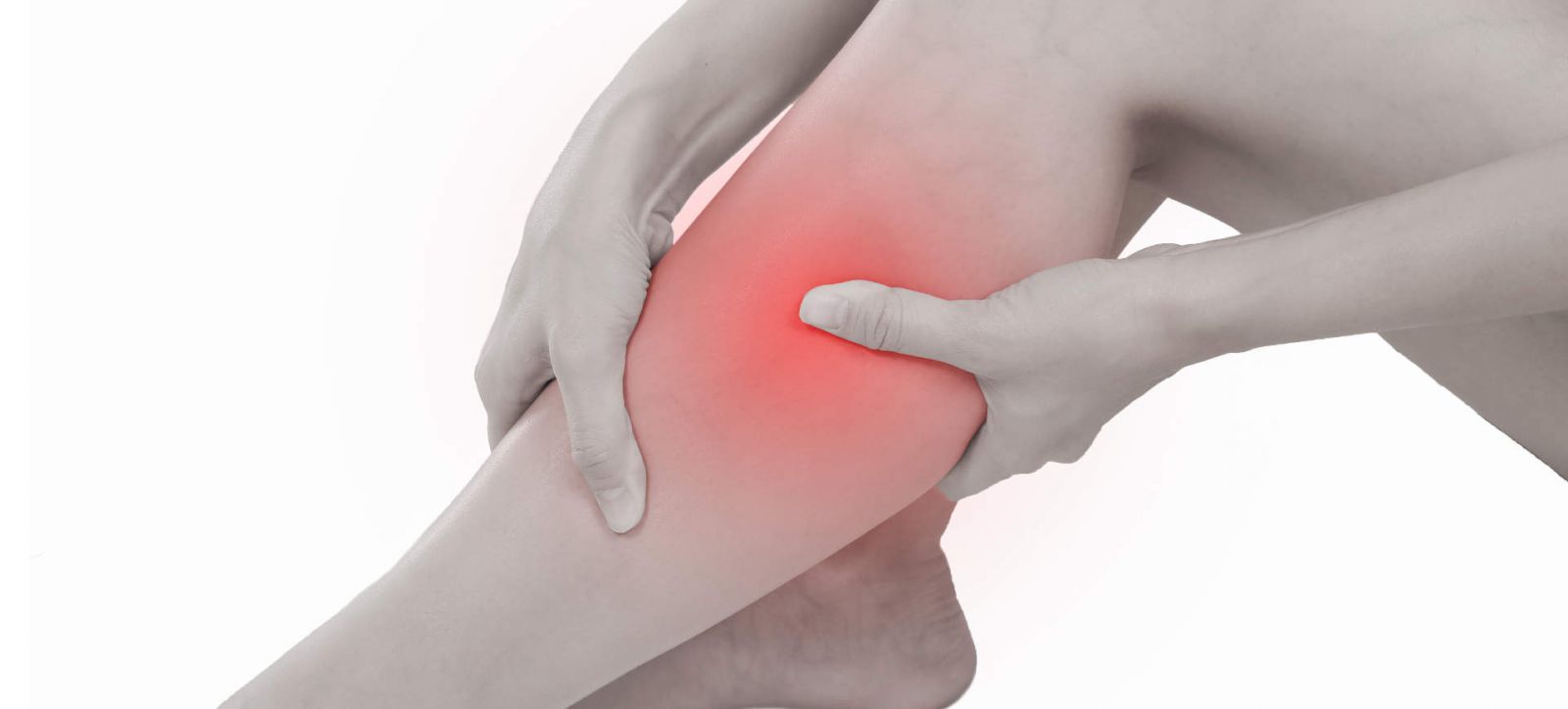Myopathy: Researchers From University Of Oxford Identify Patients At Higher Risk Of Statin-Related Myopathy
Source: Myopathy Jul 26, 2020 5 years, 6 months, 2 weeks, 6 days, 17 hours, 30 minutes ago
Myopathy: Although statins are commonly prescribed to millions of individuals globally to reduce their risks of suffering heart attacks and strokes, many alsos develop myopathy as a result of taking these drugs.

Now, researchers from the University of Oxford, in collaboration with other researchers, have identified a combination of factors that put some patients at higher risk of myopathy, which is a rare side-effect of statin therapy characterized by muscle pain or weakness in combination with high blood levels of creatine kinase, a marker of muscle damage.
The study findings, which are published in The European Heart Journal, used data from nearly 60,000 individuals at high risk of heart attacks and strokes collected systematically during three large-scale clinical trials conducted over the last 25 years.
https://academic.oup.com/eurheartj/article/doi/10.1093/eurheartj/ehaa574/5875525
This research analyzed information on myopathy cases and reports of other muscle symptoms in patients who had been treated for an average of 3.4 years with simvastatin, one of the most commonly prescribed statins worldwide.
Typically, myopathy was rare, occurring on average in only 1 per 1000 individuals during each year of statin treatment. There was a higher risk of myopathy in people on a higher statin dose, and in those who were older, female, of Chinese vs European ethnicity, had diabetes or lower body mass index, as well as those using certain other medications. These predictors, when combined in a score, explained more than a 30-fold difference in risk of myopathy between patients in the top versus bottom third of the risk score.
Significantly, genetic variation in the SLCO1B1 gene, which plays a role in the metabolism of statin drugs, also affected susceptibility to myopathy.
On the other hand, muscle-related aches and pains without elevated blood levels of creatine kinase were extremely common, being reported by more than 25% of individuals studied. However, neither the myopathy risk score nor the genetic variation in SLCO1B1 was associated with an increased risk of these common muscle symptoms.
This research finding is consistent with evidence from randomized placebo-controlled trials that indicates that statin therapy is not typically a cause of these symptoms.
Dr Jemma Hopewell, Associate Professor of Clinical Trials and Genetic Epidemiology at the Nuffield Department of Population Health, University of Oxford, and British Heart Foundation Intermediate Research Fellow, and Lead author told Thailand Medical News, ‘We know that statins are extremely effective at preventing heart attacks and strokes. However, in a very small number of patients they can cause myopathy. Our risk score can help guide doctors to prescribe more safely for people at higher risk of myopathy and to conduct more regular safety monitoring for such individuals. We saw a very clear distinction between risk of statin-related myopathy and reports of other muscle symptoms. This new evidence, along with that from randomized-controlled trials, suggests that the vast majority of aches and pains that statin-users suffer are not caused by the drug.”
Dr Jane Armitage, Professor of Clini
cal Trials and Epidemiology and joint senior author added, “All statins can cause myopathy rarely, but we still don’t know the reasons why. However, this study provides further evidence that factors that lead to higher blood concentrations of a statin increase the risk of myopathy.”
Joint senior author, Professor Sir Rory Collins, British Heart Foundation Professor of Medicine and Epidemiology and Head of the Nuffield Department of Population Health, University of Oxford, added, “Patients should be discouraged from putting themselves at risk of a heart attack or a stroke by stopping their statin therapy due to mistakenly attributing muscle symptoms to it.”
He added, “When a patient reports muscle-related symptoms, their doctor should consider measuring their blood level of creatine kinase. If the level is not elevated, the patient can be reassured that their symptoms are not likely to be caused by the statin.”
It must be noted that statins are important drugs for reducing the risk of heart attacks and strokes, and most people who take them do not experience side effects.
Professor Sir Nilesh Samani, Medical Director at the British Heart Foundation also added, ‘This new study identifies a number of patient-specific characteristics that increase the risk of developing muscle damage. These may now alert a doctor to either reduce the dose or consider alternative treatments in patients who have these factors. Apart from this rare side effect, there has been debate about whether statins cause more common muscle aches. Interestingly, this study found no evidence that the factors that affect the risk of muscle damage also increase risk of developing muscle aches, suggesting that the latter is probably not related to statins. This study should not in any way raise concerns in patients taking statins when their doctor thinks it will benefit them.”
For more about
Myopathy, keep on logging to Thailand Medical News.
